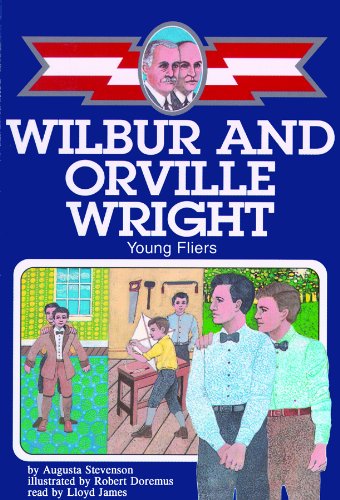

For a while he ran a ferry boat across the Rappahannock River, and one night he helped a runaway slave to escape. Fortunately for America his mother prevented it.

His half-brother Lawrence insisted that he enter the merchant marine. He showed it when the hunters wanted to kill the pet fox of his little friend Rastus. Then he wished he had cut down all the cherry trees. Some of the boys got hurt in a sham battle and George was punished for it. When there was news of border warfare with the Indians, George formed a company of the boys at school, drilled them with cornstalks. He was a natural leader, handsome and strong, could run faster, swim farther, jump higher than the other boys, and was always fair and square. He fared well at Master Hobby's school, except with his spelling lessons. George was interested in all that went on and tried to learn as much as he could. On his father's plantation in Virginia there were a hundred slaves, some to keep the big house in order, some to care for the tobacco crop, others to run the shops-the tannery, the smokehouse, the smithy, the carpenter's, the shoemaker's, the dyer's. It was a very different world from ours in which George Washington grew up with his little sister Betty and his three younger brothers. Now she employs her delightful gift to tell about the boyhood of the greatest of all Americans. If you have read Abe Lincoln: Frontier Boy or Ben Franklin: Printer's Boy or Andy Jackson: Boy Soldier you know how wonderfully interesting Augusta Stevenson can make the story of the boyhood of a famous American.


 0 kommentar(er)
0 kommentar(er)
